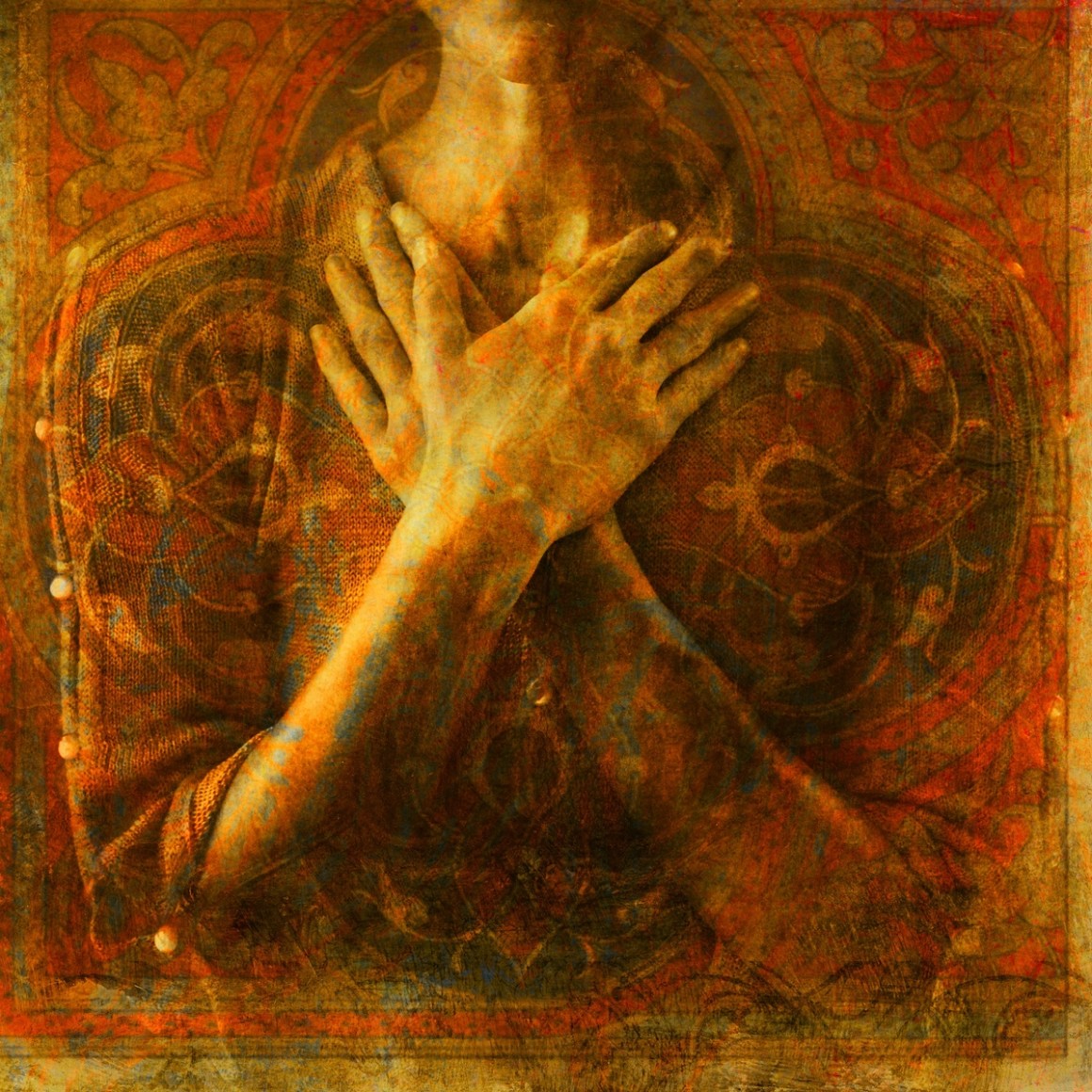The theme for this month’s practice series is BURNING THROUGH, and we’re drawing inspiration from deep earth.
When we look at any given landscape, the overall shape and view is determined by the size and shape of the earth underneath it. Whether it’s soaring mountains or flat plains, it’s the firm earth that gives it form.
What we forget, however, is that underneath the varied landscapes is a pulsing ocean of liquid earth that has no fixed shape or form. In fact, everything is floating upon it and connected through it. What seems so radically different on the surface is held together by one flowing essence.
As human beings, we also get locked into certain rigid opinions and views. We forget that underneath all our different shapes and forms is a shared essence. We continue to reinforce divisions rather than experience our inherent unity.
One way that we do this is through judgment and fixed opinions. Instead of letting our perceptions flow naturally, we form a single opinion and let it ossify. Then, there’s a sense of separation. We then struggle to love or connect with the person or thing that we’ve judged.
This week, we’ll learn a simple but profound practice for burning through a judgment about another person. It’s for when you’re not able to feel love or connection to someone and you feel stuck by your firm opinions of them:
- Be gentle with yourself for having the judgment. Judging yourself only mires you deeper into it and takes you further from the solution. Breathe in, breathe out, let your body accept that you have a judgment.
- Slowly bring the other person into your awareness. Notice what part of your body gets tight, anxious, or otherwise uncomfortable. There’s no need to do anything about it but stay present to what happens in your body throughout the exercise.
- Now, notice what thoughts or feelings arise about the other person. For example, “She’s so arrogant!” “He’s so selfish!” “I can’t stand how whiny he is!” Remember to stay out of additional self-judgment; just let yourself voice whatever you think or feel in that moment.
- Paying attention to the sensations of your body, now remember that we all share an essence; whatever the other person is embodying is not separate from you. (It’s ok if you feel resistance to this!) Suppose for a moment that this person was a character or voice inside of you. Who would they be? Where would they be located in your body? For example, is there a part of you that feels chronically whiny? Or selfish and greedy?
- Keep searching inside until you can find that place. When you do, you might notice that you are treating it similarly to how you treat the person you’re judging. For example, you might have a strong and clear voice inside that you’ve always suppressed for being “too arrogant.” Or there’s a scared place inside that complains whenever things get challenging. Even if the judgment seems “valid” (“that criminal is violent and dangerous”), take a moment to discover where that pattern also lies inside of you (“What part of me is willing to hurt myself or others?”).
- You might discover a ball of pain, shame, guilt, or fear, accompanied by strong energy or an emotional release (this is totally fine). We often judge others for what we refuse to accept and love in ourselves. We reject in others what we’ve abandoned in ourselves.
- Make a choice–and it IS a choice–right now to love and accept yourself unconditionally. Choose to reclaim this abandoned place back into your being. There is never a reason to withhold your love from yourself. The most important step of all is to let the love of your own strong and beautiful heart rise up, like lava from a volcano, and pour through the judgment, dissolving the whole thing back into love.
- Bonus (and highly recommended) final step: To fully assimilate your experience, you might want to tangibly express your self-love as words, as song, by physically holding yourself, through writing, prayer, or some other personally meaningful ritual. For your mind-body, this concretizes the shift that took place and makes it less likely you will revert back.
N.B. Super-strong resistance to someone can mean you have multiple judgments, so you might want to repeat this practice for each one. You can do it until you no longer feel a charge around the other person, just a sense of inner space and perhaps gratitude to them for serving as a growth catalyst.
Lastly, just because you release judgments about someone, it doesn’t mean you can or should become besties. This practice is not a substitute for proper discernment or boundaries. If someone’s behavior is abusive or harmful, you still have to take action to protect yourself and others.
Hopefully, instead of a rigid structure between you (as well as you continuing to feel weighed down by the judgment), there’s now a flow of understanding and ease, and the possibility of a new beginning.





